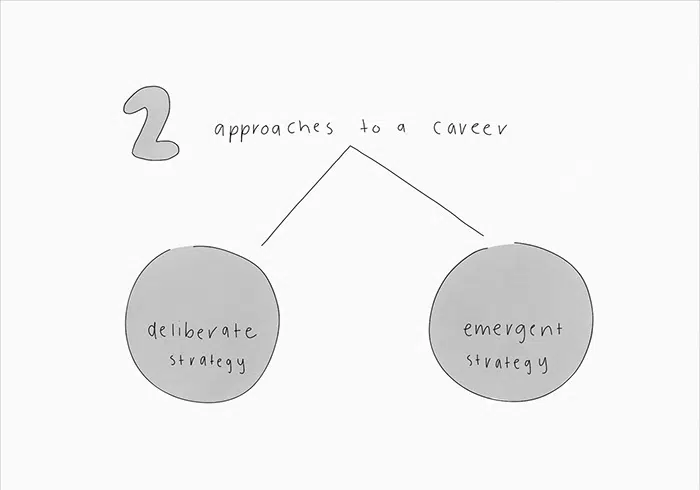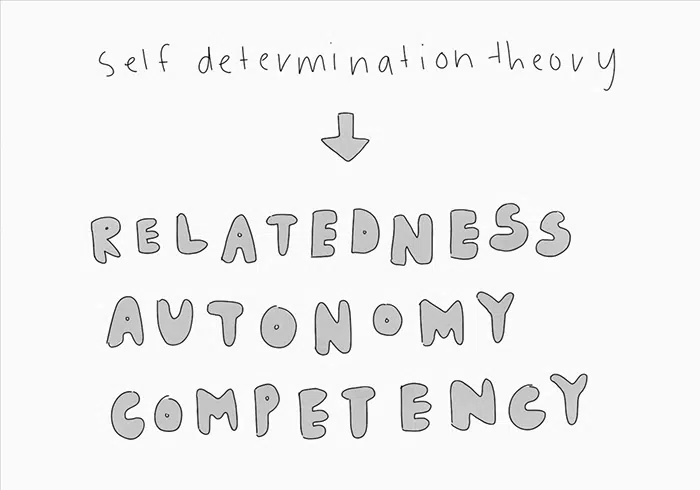Andy Grove said, “To understand a company’s strategy, look at what they actually do rather than what they say they will do. In the same way, the best means of directing your career is to look back on past indicators. What you have done in the past, namely your skills and accomplishments is an essential predictor of where your job can go. In other words, now is the time to assess your competence.
According to Edward Deci and Richard Ryan’s Self-Determination Theory, people seek out three things above all others: relatedness, competence and autonomy. These three things are vital to look for in your new job.
Why?
Having a job centred around your ‘passion’ isn’t enough to guarantee you’ll find the work fulfilling. In fact, Cal Newport, author of So Good They Can’t Ignore You, found that as people’s confidence and experience in a job grows, so does their passion (not the other way around).
This point governs one of Newport’s rules of figuring out what to do with your life – which you would be wise to keep in mind as you continue on your journey:
RULE #2: Be So Good They Can’t Ignore You (Or, the Importance of Skill)”.
Focus on identifying your accomplishments and skills so you may use them to your advantage in your job search.
The good news for those just starting out in your career is that this process doesn’t exclude you. Consider this: accomplishments and skills are present in all aspects of life – not just a working environment. So, don’t just think about “on the job” capabilities, but also those you’ve demonstrated in community-based activities, sports teams, group assignments during study and volunteer work too.
A cycle of deliberate and emergent approaches
Perhaps you’re looking for a deliberate strategy to pursue. When it comes to your future career, you want to know what the right answer is and what to do about it. But it’s not always that simple – and that’s a good thing. A deliberate strategy is ideal if you are clear on which outlet satisfies your hygiene and motivating factors, and can safely pursue it.
If this isn’t you, you will be like many of us who need to use an emergent strategy. That means making informed decisions about your career, under the guise of an experiment. If it doesn’t go entirely to plan, you pivot – either by taking an opportunity presented to you or finding ways to build in more of your motivating factors. An emergent strategy can be exciting, helping you discover new pathways for your life that you’d never anticipated – and learning much about yourself in the process.
Remember too that even if you have a deliberate strategy and it works for a time, you will likely go through cycles of deliberate and emergent strategies throughout your life. So don’t get too hung up on finding that perfect deliberate strategy right now.



